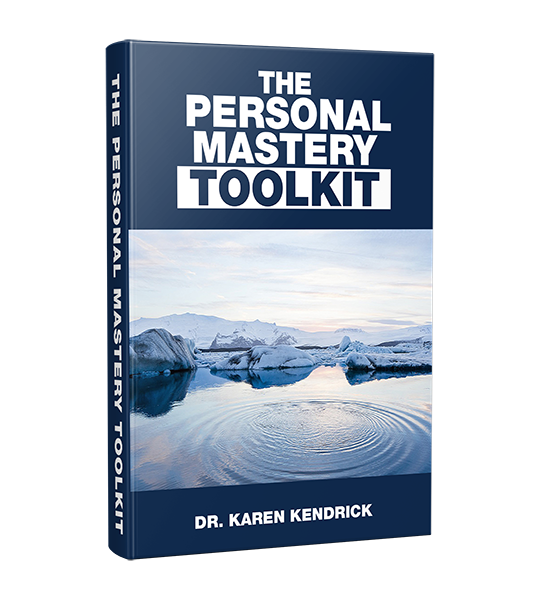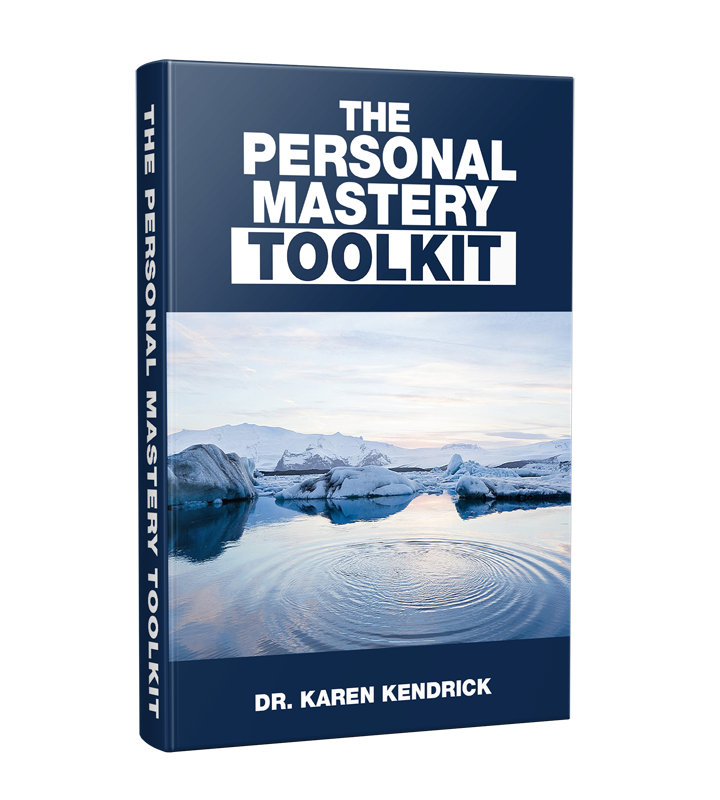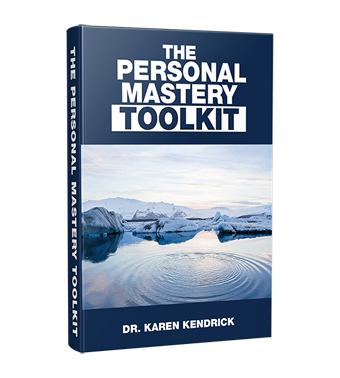HOW TO BOOST YOUR LISTENING SKILLS TO EXPERT LEVEL
Listening is a key skill for good relationships, better problem solving and decision making, and maximum productivity.
When you listen well, you get the most information possible. When you have more information, you can better understand people, issues, and opportunities.
So what does it take to be good at this skill?
Good listening requires focus on 3 things: 1) The content of the message 2) The context in which it’s delivered and 3) The communication delivery of the speaker.
The goal is to hear the message accurately and be more able to recall the information later.
Here are 10 proven strategies to improve your listening acumen:
1) Free your mind from distractions and bias before tuning in
Give the speaker your full attention. You won’t be able to embed and recall content when your mind is still processing something else going on in your life or at work. Avoid pre-judging a message or allowing your prior experiences or expectations to filter out important data. Say to yourself, “I will keep an open mind about this because it will help me to get more information.”
2) Tune in to both facts and feelings
The raw content and facts of what is being said is only half the equation. As you listen to someone, pay attention to their tone and level of emotion. What underlying feelings is the speaker conveying while talking (e.g., fear, pride, excitement, uncertainty, jealousy, etc.)? Use your intuition about the intention of the speaker and message.

Get a FREE copy of The Personal Mastery Toolkit.
Raise your game and lead an exceptional life.
3) Pay attention to body language
If you can visually see the speaker (i.e., it is not a podcast, radio broadcast, etc.), then watch their body language for clues about their message. Do they seem confident, nervous, sad, or unsure? When having a live conversation, use your own body to demonstrate attention and help encourage the speaker to continue (i.e., make eye contact, nod, and shift your body to face the speaker).
4) Avoid interrupting and let silences linger if necessary
Sometimes it can be tempting to jump into a conversation (or even a speech) to ask questions, make a point, or disagree. But you’ll get better information and build more trust and respect if you avoid interrupting. While it takes some discipline, force yourself to not cut off a speaker before they are finished or fill the silence gap if they pause. If needed, help the speaker relax by saying “Take your time. I’m listening.”
5) Probe for clarity with follow up questions if needed
Take the next step with what was said by probing further if the speaker is available to you. This helps engage another part of your brain to help embed the material and get deeper understanding. It also shows the listener that you are focused and paying attention. Ask, “Is there more you want to say?” “What else would be helpful to know?”
6) Summarize key points
Break down the message into the important points you heard and summarize it back in your mind, on paper, and/or to the speaker. This helps you further embed the message and demonstrates understanding and respect to your speaker if you are having a live conversation.
7) Take notes if the length of content or context warrants it
Writing down the key points forces you to start to put the knowledge into memory. Studies suggest that taking notes while listening improves later recall. If appropriate, think about how a journalist goes about getting facts. They jot down important points and sometimes capture verbatim quotes.
WANT TO ACCELERATE YOUR PERSONAL GROWTH AND SUCCESS?
Take the BRILLIANCE BLUEPRINT™ digital course.
8) Consider how the content compares to your own knowledge and experience
As you are listening, ask, “How does this information compare to what I know? Is this consistent with other facts, ring true with common sense, etc.?” Exercise some prudent evaluation of the information where appropriate. That doesn’t mean that you never trust what is said, but just that you practice caution and avoid blindly accepting information as factual.
9) Think about what is NOT being said
Sometimes a speaker leaves out critical information. As you absorb the message, think about what isn’t clear, what else could have been added, and what questions you have. Were things left out because they weren’t relevant or were they truly an oversight that needs to be addressed? When in doubt, assume there is more to know, and follow up.
10) Consider the context and timing of the content as well as who the speaker is
As we know, the same message delivered at a different time by a different person can sound completely unique. Think about who the speaker is and what their background and motivations may be. This is not to suggest that most speakers don’t have good intentions, but just that you are considering their message in light of their experience level, interests, and current circumstances.
DIVE DEEPER: Boost your confidence and resilience by mastering how you think about your life story here.

Get a FREE copy of The Personal Mastery Toolkit!
Raise your game and lead an exceptional life.
IF YOU LIKED THIS CONTENT, CHECK OUT:
NEW TO KAREN?



